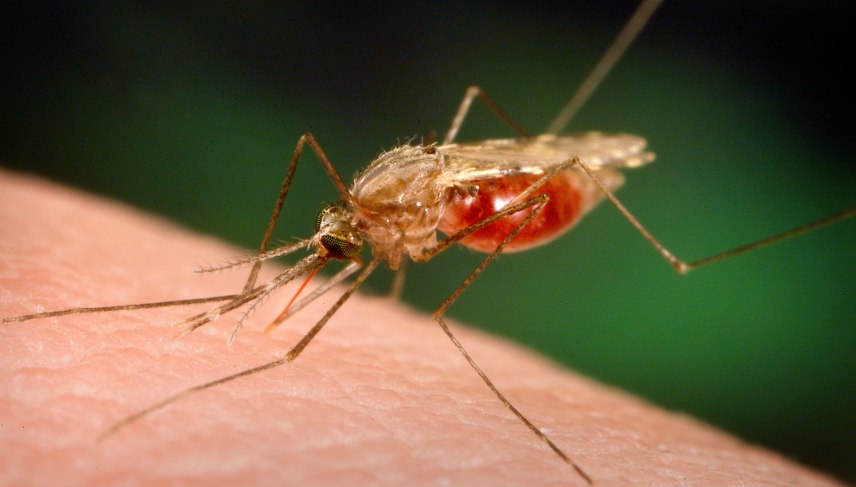The Anopheles funestus mosquito, which along with Anopheles gambiae, is one of the two most important malaria vectors in Africa and Asia, where more than 80% of the world’s malarial disease and deaths occurs.
Humans infected with malaria parasites can develop a wide range of symptoms.
These vary from asymptomatic infections, i.e., no apparent illness, to the classic symptoms of malaria including fever, chills, sweating, headaches, muscle pains, to severe complications such as cerebral malaria, anemia, and kidney failure, and even death.
The severity of the symptoms depends on several factors, including the species of infecting parasite, and the infected humanís acquired immunity and genetic background.
Good news to all travelers and residents!! The National Malaria Control Programme (NMCP) of Timor-Leste was honored and recognized by the World Health Organization (WHO), for their strong effort, work and dedication in malaria prevention.


Stay connected